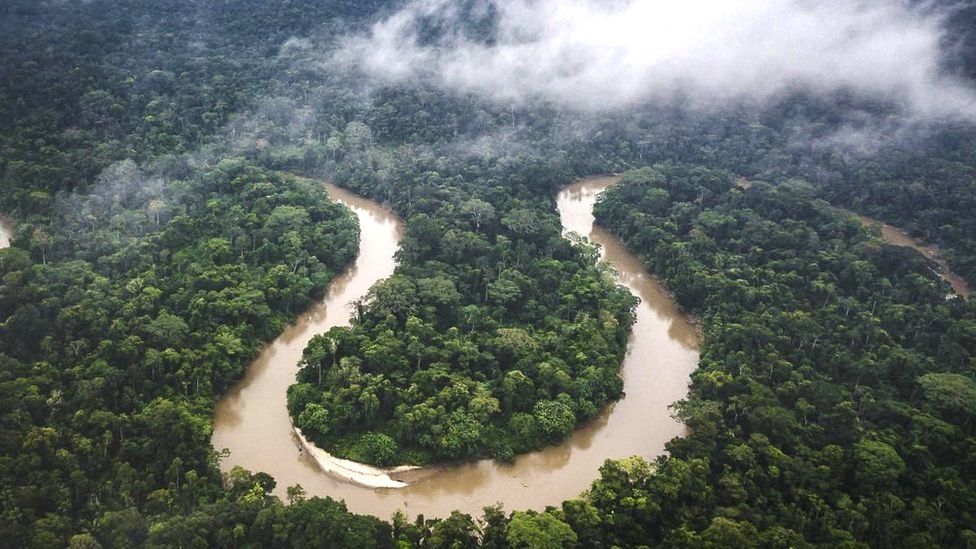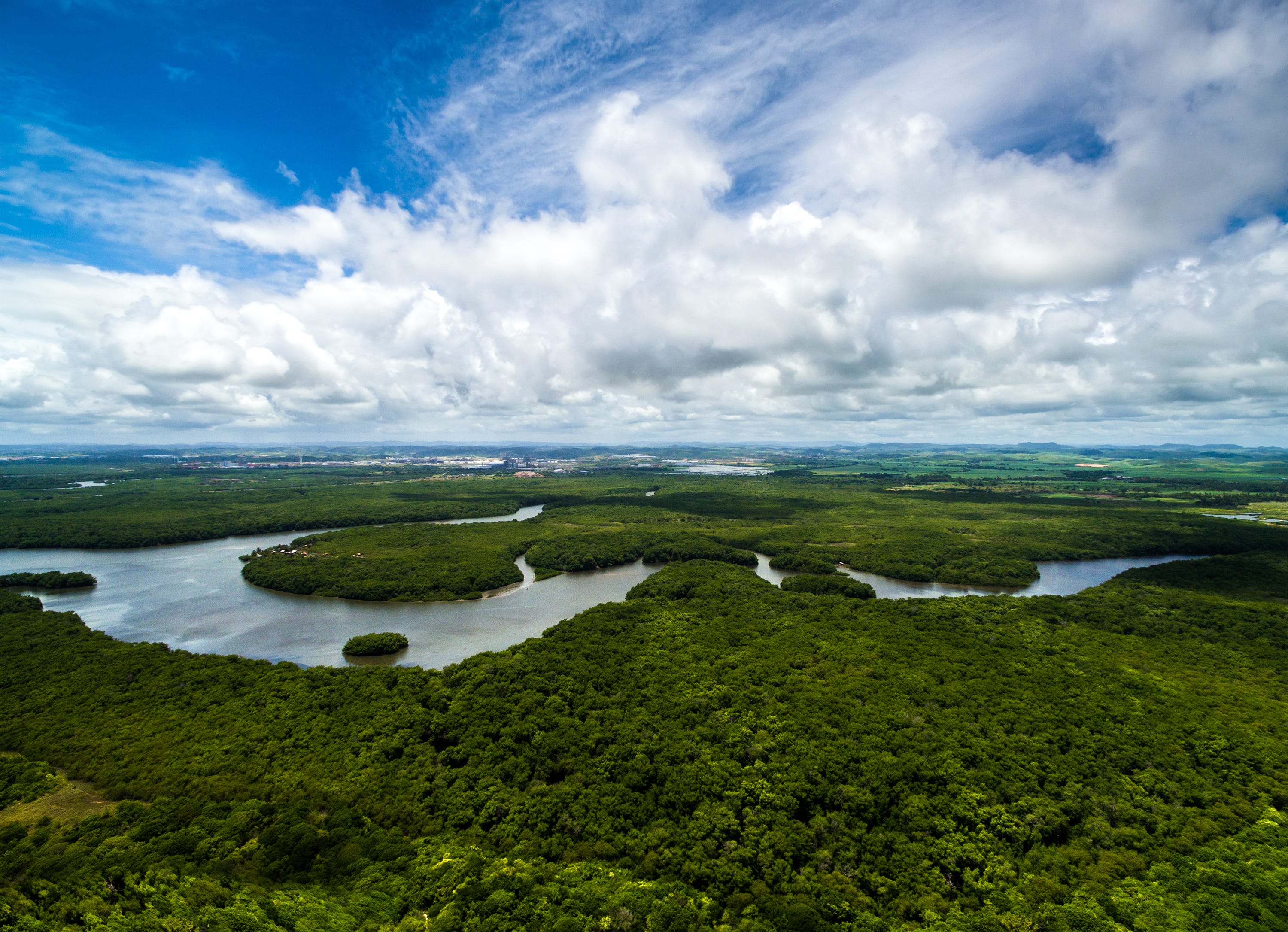
Studies say the Amazon rainforest is approaching a “tipping point” where trees will begin to die in large numbers.
As per a new study, the world’s largest rainforest is losing its ability to recover from droughts, fires, and deforestation.
Large swaths of land might become sparsely wooded savannahs. It is significantly less effective at taking carbon dioxide from the air than tropical forests.
The massive forest accumulates carbon, which would otherwise contribute to global warming.
However, previous research has found that parts of the Amazon are now emitting more CO2 than absorbed.
“The trees are losing health and could be approaching a tipping point – basically, a mass loss of trees,” University of Exeter’s Dr. Chris Boulton stated.

The findings, which are based on three decades of satellite data, reveal troubling patterns in the Amazon rainforest’s “health.”
More than 75 percent of the forest has lost its resilience. Trees are taking longer to recover from droughts caused mostly by climate change, and human influences such as deforestation and fires.
According to the researchers, “dieback” could be a cause of a vicious cycle of destruction.
It’s unclear when that tipping point will occur. But the consequences for climate change, biodiversity, and the local community will be “devastating.”
Main drivers of the decline of Amazon rainforest

They estimate that once the process starts, a “significant chunk” of the Amazon rainforest will then transform into a savannah. It is a vastly different ecosystem consisting of a mixture of grassland and trees, in a matter of decades.
“The Amazon stores lots of carbon and all of that would be released into the atmosphere, which would then further contribute to increasing temperatures and have future effects on global mean temperatures,” Dr. Boulton said, adding that halting deforestation would help address the issue.
They estimate that a fifth of the rainforest has already been gone since pre-industrial times.
The University of Exeter, the Potsdam Institute for Climate Impact Research (PIK), and the Technical University of Munich collaborated on the study.
“Deforestation and climate change are likely to be the main drivers of this decline,” said Prof Niklas Boers of PIK and the Technical University of Munich.
“These latest findings are consistent with the accumulating evidence that the twin pressures of climate change and human exploitation of tropical forests are endangering the world’s largest rainforest, which is home to one out of every 10 species known to science,” said Dr. Bonnie Waring of Imperial College London’s Grantham Institute – Climate Change and Environment.
The journal Nature Climate Change published the findings. The findings are based on satellite data from 1991 to 2016.






